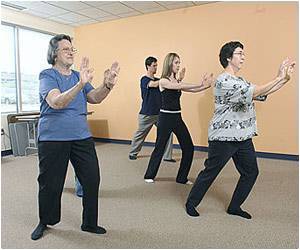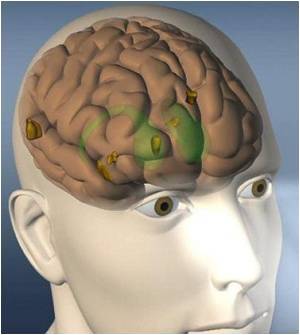Parkinson's disease (PD) is a devastating and incurable disease that causes abnormal poverty of movement, involuntary tremor, and lack of coordination.

After implantation of the DBS device, stimulation parameters, such as frequency and intensity of stimulation, must be programmed and adjusted over several months by a highly trained clinician. The goal is to maximize clinical improvement and minimize stimulation-induced side effects. Adjustments typically occur every 3 to 12 months when the patient visits the clinic, with the parameters remaining the same between visits. Unfortunately, this results in stimulation that does not keep up with the dynamic nature of PD.
"In recent years, the role of PD driven aberrant discharge patterns of neuronal activity have emerged as pivotal in the pathophysiology of the disease, and there is an urgent need for an automatic and dynamic system that can continually adjust the stimulus in response to ongoing pathological changes," explains Dr. Boris Rosin and Professor Hagai Bergman from The Hebrew University of Jerusalem. The authors tested several new paradigms for real-time adaptive DBS in a primate model of PD, in which the delivered stimulus was triggered by the ongoing brain activity.
The researchers discovered that real-time adaptive DBS paradigms alleviated PD motor symptoms and reduced abnormal neural activity more efficiently than standard DBS. The results provided new insight into brain activity underlying PD pathology and suggested that clinical improvement was achieved by disruption of a particular pattern from the variety of abnormal activity seen in the Parkinsonian brain. "It is our hope that in the near future we will see a new era of DBS strategies, based on real-time adaptive paradigms targeted at different pathological brain activity," conclude Dr. Rosin and Prof. Bergman. "Such strategies have potential not only for the treatment of PD, but perhaps other neurological disorders with a clear pathological pattern of brain activity."
Advertisement












